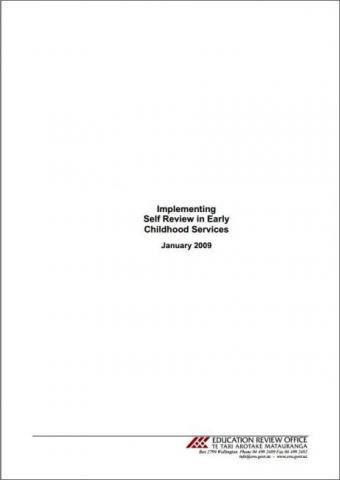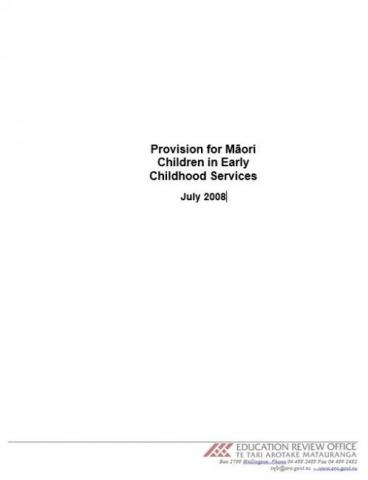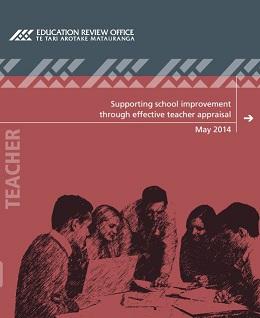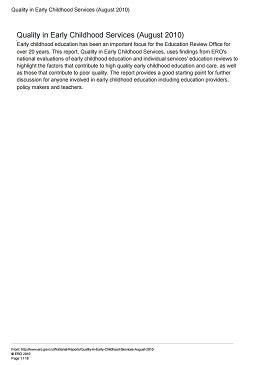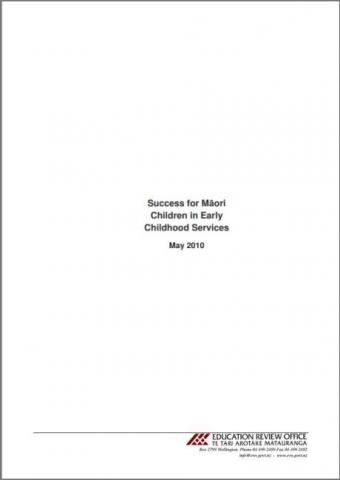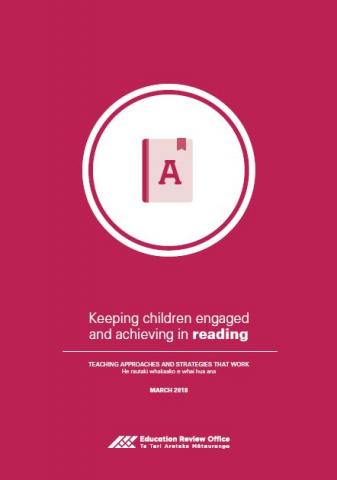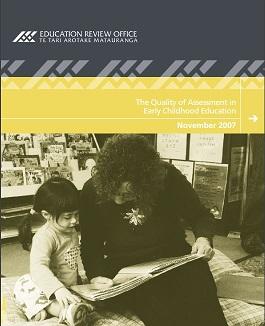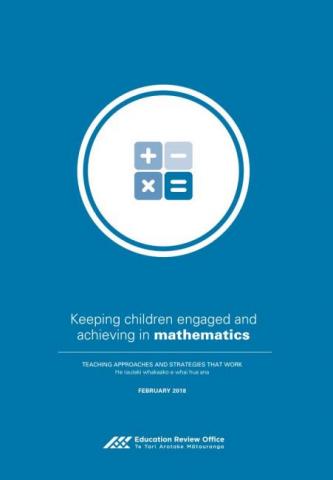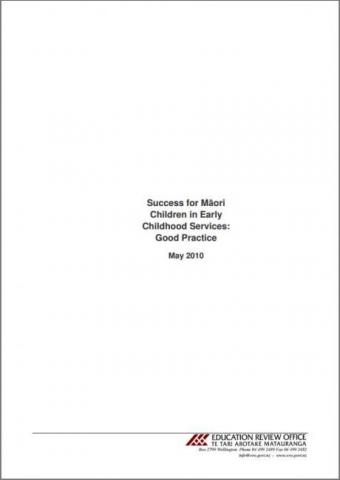Implementing Self Review in Early Childhood Services
Published: 01 Jan 2009
The Education Review Office (ERO) undertook a national evaluation of the implementation of self review in 397 services in Terms 1, 2 and 3, 2008. The evaluation focused on how well self review was understood, supported and implemented in each service and the extent to which it led to improved management and educator practice.
- Audience:
- Early learning
- Māori-medium
- Parents
- Content type:
- Research
- Topics:
- Early childhood services
- Self-review
